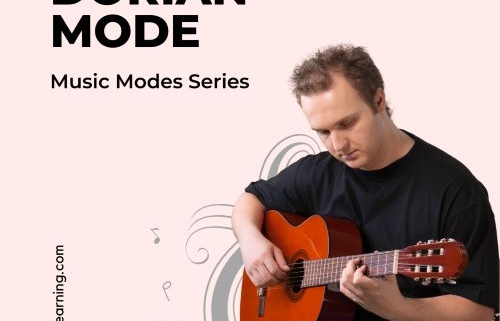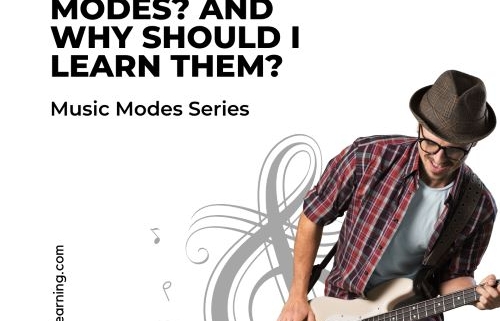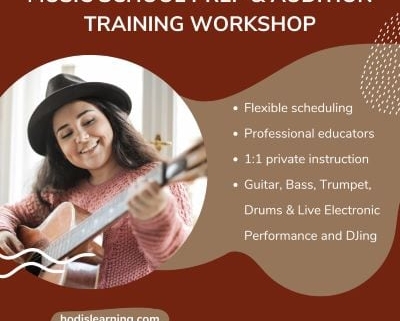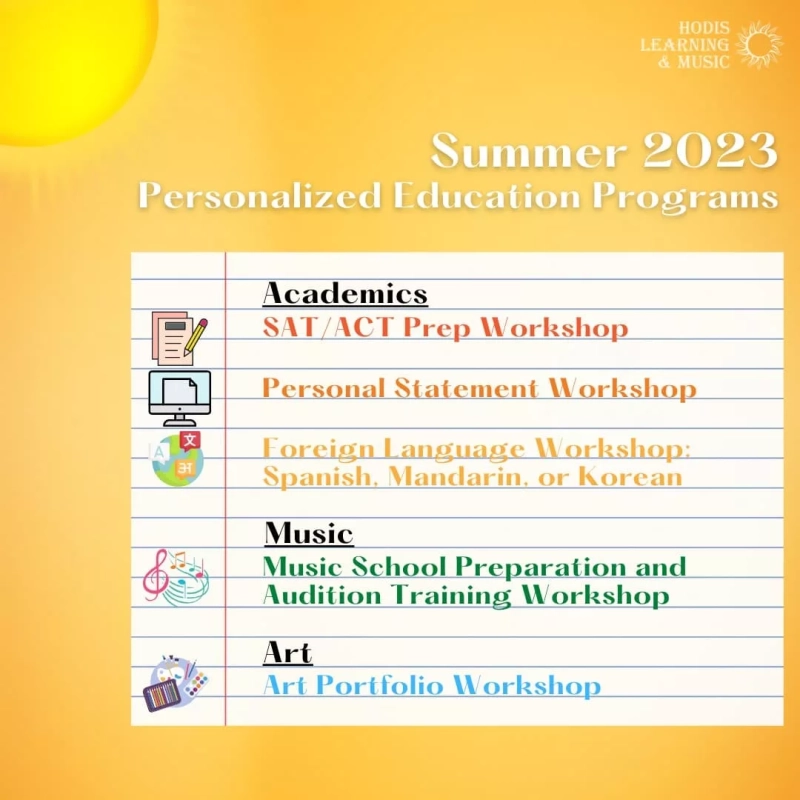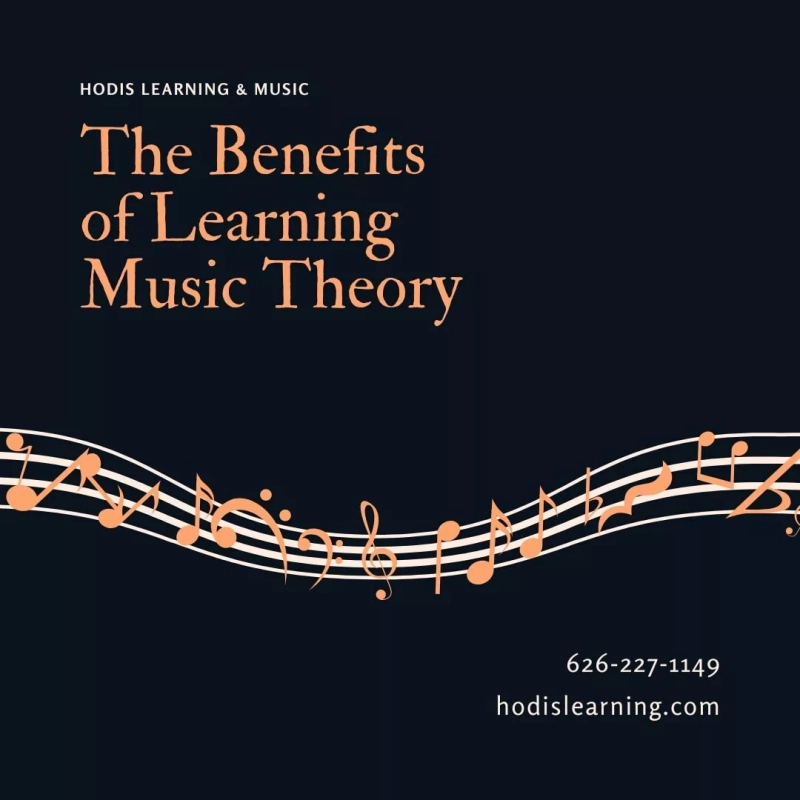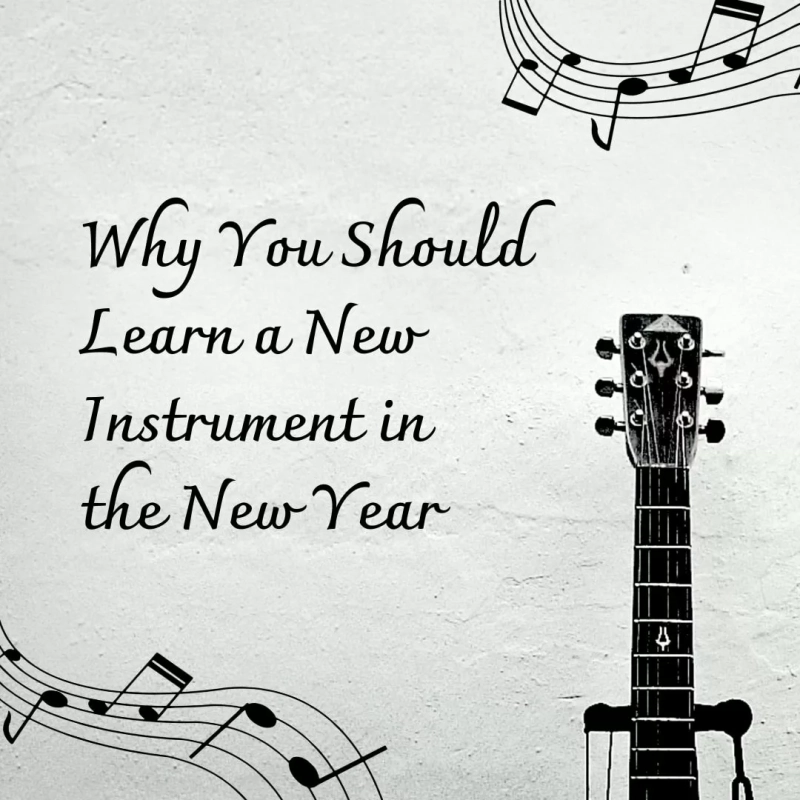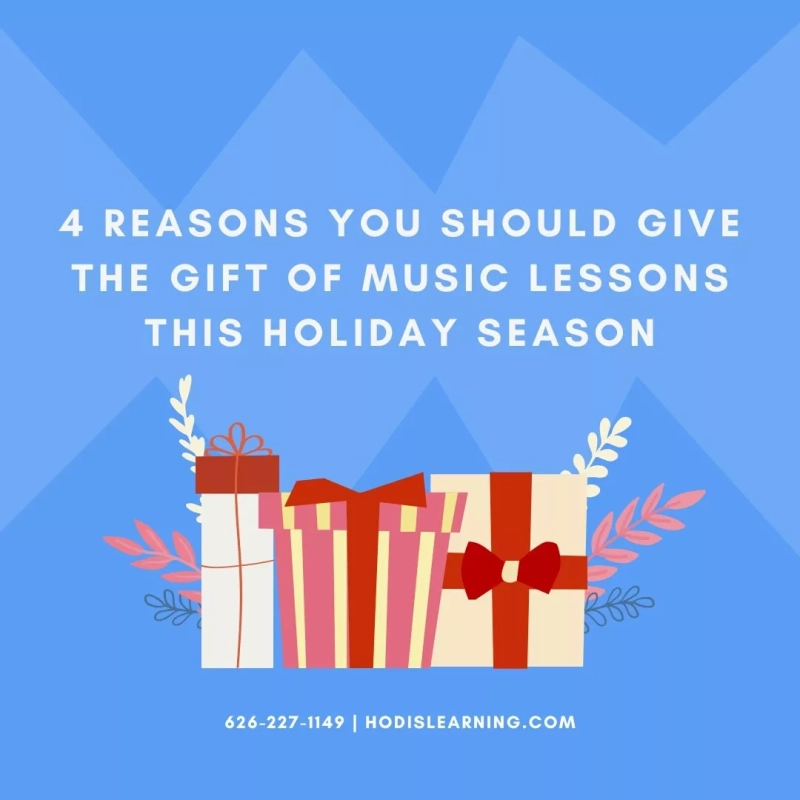The Dorian mode is a music mode that has been used for centuries in a variety of music genres, from classical to folk and jazz. This mode is characterized by its unique sound, which is often described as being melancholic, mysterious, and introspective.
Dorian Mode Formula
The Dorian mode is defined by a specific pattern of whole and half-steps, starting from the second note of a major scale. For example, the Dorian mode of C Major starts on D. The formula of Dorian intervals is: W – H – W – W – W – H – W (W = “whole step” or “tone” and H = “half step” or “semitone”).
The Dorian is similar to the modern natural minor scale. The difference is that the sixth note of the scale is a major sixth above the tonic or “root” note, not a minor sixth.
Example: C Dorian Mode

Key Signatures & Example Songs
In terms of key signatures, the Dorian mode is associated with minor keys. When played in a minor key, the Dorian mode creates a sense of sadness and introspection, making it a popular choice for introspective and melancholy music. Many famous pieces of classical and folk music are written in the Dorian mode, including traditional Irish folk songs and the music of composers like Bach.
It’s important to note that the Dorian mode is not limited to just minor keys, it can also be played in major keys, where it takes on a different sound and character. In major keys, the Dorian mode is known as the Mixolydian mode and has a more upbeat and playful sound.
Understanding the Dorian Mode
To understand the Dorian mode, it’s essential to practice playing it on an instrument or singing it. Start by playing the scale ascending and descending, then try playing simple melodies using only the notes of the Dorian mode. You can also try playing chord progressions using the Dorian mode and experiment with different rhythms and dynamics.
Summary
In conclusion, the Dorian mode is a versatile and essential mode for musicians of all levels. Whether you’re a beginner just starting to explore modes or an experienced musician looking to expand your knowledge, taking the time to learn and understand the Dorian mode is a valuable investment. By incorporating the Dorian mode into your playing, you’ll be able to create music with a melancholic and introspective sound that’s sure to captivate your listeners.
Learn the Dorian Mode with an Expert Music Teacher
Get a better understanding of the Dorian mode as well as the other six main modes with an expert music teacher at Hodis Learning & Music. Our private, 1-on-1 lessons, provide an efficient and effective way to study music theory and hone your music skills. Learn more or schedule your first session today by calling or emailing us.
Music Mode Series
← The Ionian Mode (I) | The Phrygian Mode (III) →

